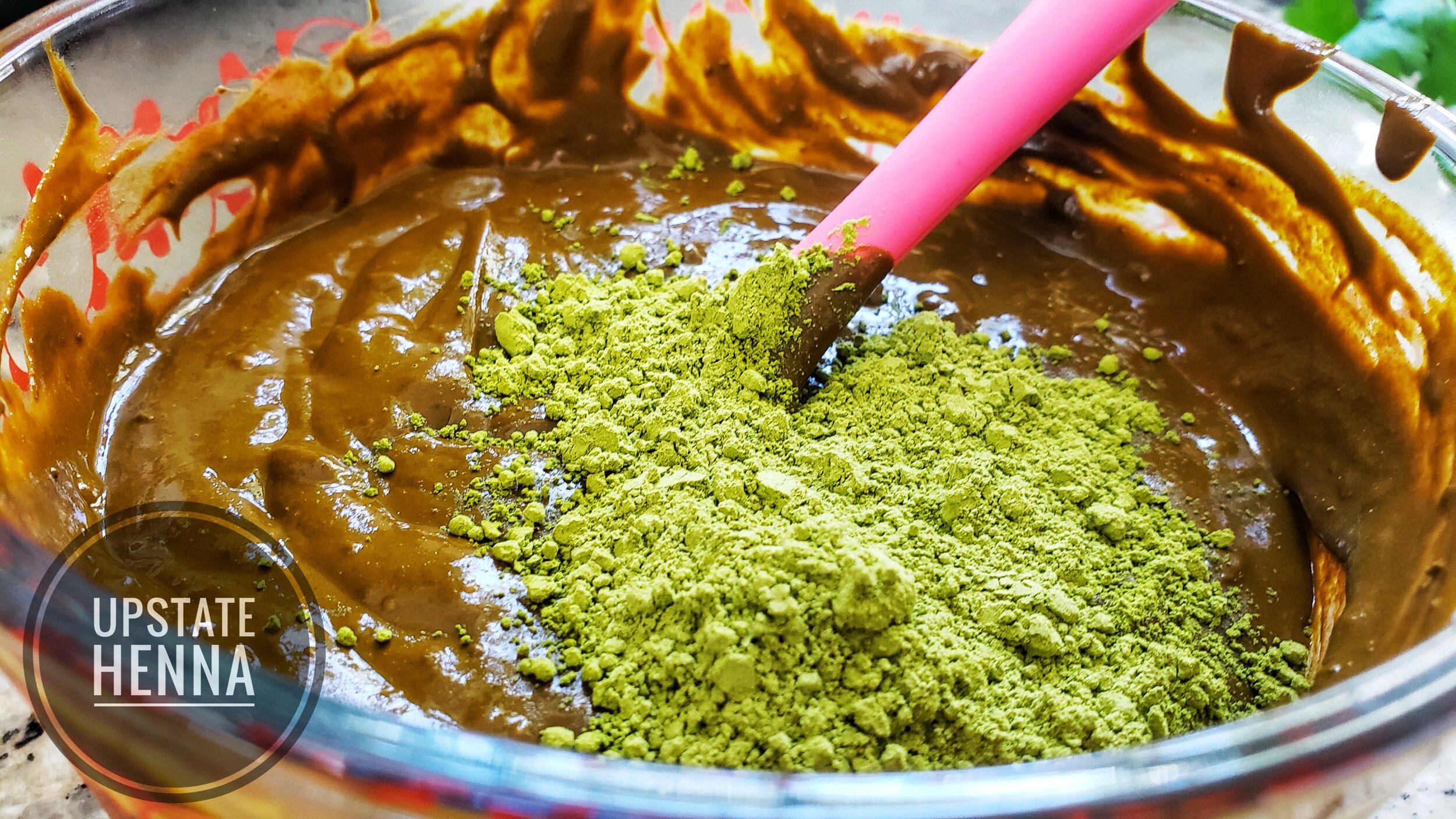Frequently Asked Questions
What is Henna?
henna is a natural plant-based dye that has been used for over 5,000 years. made from the dried and crushed leaves of the lawsonia inermis plant. henna has been a cherished tradition across north africa, india, the middle east, and beyond.
it’s been used in weddings, celebrations, and rituals- from bridal mehndi to blessing ceremonies- symbolizing joy, beauty, and protection.
Henna’s dye molecule is: Lawsone : 2-Hydroxy 1, 4 Napthoquinone. this is a safe red-orange dye that binds to the keratin in skin, and protein in hair and nails.
Lawsone is the red-orange dye molecule that is found in the leaves of the henna plant. This is what creates a beautiful stain on the skin.
How long does henna last?
Henna looks different on everyone.
Body chemistry, temperature, and location on the body have a lot to do with how long the stain will last.
Most stains will last 7-10 days. Sometimes longer with proper aftercare.
How do I take care of my henna?
Leave the henna paste on for at least 3-8 hours (overnight is even better!).
stay warm, henna loves heat.
avoid water for the first 24 hours after removing the dried paste.
keep your design moisturized with edible, natural oils like coconut, vegetable, or olive oil.
Do you offer “black henna”?
Fresh Jagua Gel
Not to be confused with “black henna.” Jagua is a tropical fruit juice.
No! You should never use “Black Henna” on yourself or anyone else.
So-called “black henna” is actually PPD, a highly volatile coal tar dye that is not safe for the skin.
“Black Henna” can cause chemical burns on the skin, and internal damage to your organs.
Upstate henna uses natural plant-based henna that will create shades of brown, mahogany, burgundy, and deep crimson only.
Please read for more info: http://www.hennapage.com/henna/ppd/index.html
Your Henna artist should be able to tell you what’s in their henna paste. If they don’t know, don’t get henna from them!
Does henna work on all skin tones?
absolutely! henna stains deepen over time and show beautifully on all skin tones.
the final color varies depending on your skin- lighter tones, henna tends to develop into a rich coffee/brown stain, while on darker tones, it takes on a deep plum or burgundy stain. no matter your complexion, the stain will deepen over the first couple of days, leaving you with a gorgeous long-lasting stain.
Does Henna come in different colors?
No. henna is a plant and will only stain a burgundy/coffee tone on the skin.
To achieve colorful, safe body art, use Henna Glam!
Henna Glam is non-staining. Lasts 1-7 days.
Available in: Red, Pink, Orange, Yellow, Light green, Turquoise, Blue, Purple, White, & Gold.
Jagua is another safe alternative to darker color body art. it will produce a deep navy blue stain.
How do I book an appointment?
Wanna get some henna? easy peasy- just click that “book now” button at the top of this page. my schedule is listed there, and honestly, it knows my availability better than i do. no need to slide into my Dms- i promise, i’ll just send you right back to the site. save us both a step and book directly!
Do you require a deposit?
Yes, a non-refundable deposit is required to secure your booking. The deposit goes toward your total cost.
How much does henna cost?
I offer different session options, from simple designs to full-body artwork. pricing is listed on my booking page.
Do you charge a travel fee?
yes, travel fees are calculated based on your location and are not included in the hourly rate.
Do you do parties and events?
oh, absolutely! henna makes everything better- birthdays, quinceaneras, bar mitzvahs, baby showers, bachelorette night, sangeet night, corporate events, you name it.
wanna level up your girl’s night in? get your besties together, sip something delicious, and rock some fun tramp stamps in the cozy comfort of your home.
from intimate gatherings to big celebrations, i bring the henna magic straight to you. let’s make some memories- book your henna party today!
Can I request a custom design?
Absolutely! i love creating custom pieces that reflect your unique style. feel free to send inspiration photos or ideas. i also have a stencil printer if needed.
When is the best time to make my henna appointment?
You should book your appointment 2-3 days prior to your special event. Henna takes up to 48 hours to darken up.
Your henna stain will be it’s darkest 2-3 days after its applied. Proper aftercare will help your stain darken, and last. Aftercare cards are given after each appointment.
Natural Henna takes 2-3 days to darken up.
What are the ingredients in your henna paste?
Eucalyptus, lavender & Cajeput essential oil
Distilled water
Dried crushed henna leaves/powder
Raw cane sugar
Should I get a manicure/pedicure before my henna appointment?
YES! Get a manicure BEFORE your appointment. Getting a manicure after a henna appointment will exfoliate the skin & will cause your henna stain to prematurely fade.
To get the best henna stain get a manicure 1-2 days before your appointment!
Do I need to wax/shave before my henna appointment?
If you feel like your body hair is too long, or thick it is a good idea to shave/ wax before a henna appointment. Long or thick hair will keep the henna paste from adhering to the skin.
You should wax before your henna appointment. Waxing will also remove the top dead layers of skin, exposing a new, fresh layer of skin.
Waxing 1-2 days prior to your appointment will get you the best and longest lasting henna stain.
Should I use water to remove the henna paste?
NO! Do not use water to remove henna! You can use a spoon, or credit card to remove the dried paste. You can also use a paper towel to rub off the paste. >>>> Do this over a trash can, outside, or in a shower. The flakes of henna will continue to stain after its removed from the skin.
Exposing your fresh henna stain to water will stop the oxidation process and your stain will not darken.
Please use a plant-based, edible oil (coconut, olive, or vegetable) before coming into contact with water for the first 24 hours.
Is your henna safe for kids and pregnant clients?
Yes! my henna is all-natural and safe for kids and pregnant clients. Henna is plant-based, and can be unsafe for people who have a G6PD deficiency.
If you are allergic to the following, you should not get henna:
Mothballs
Broad or Fava Beans
Non-steroid anti-inflammatory drugs (aspirin)
if you have allergies, please check with me about ingredients.



